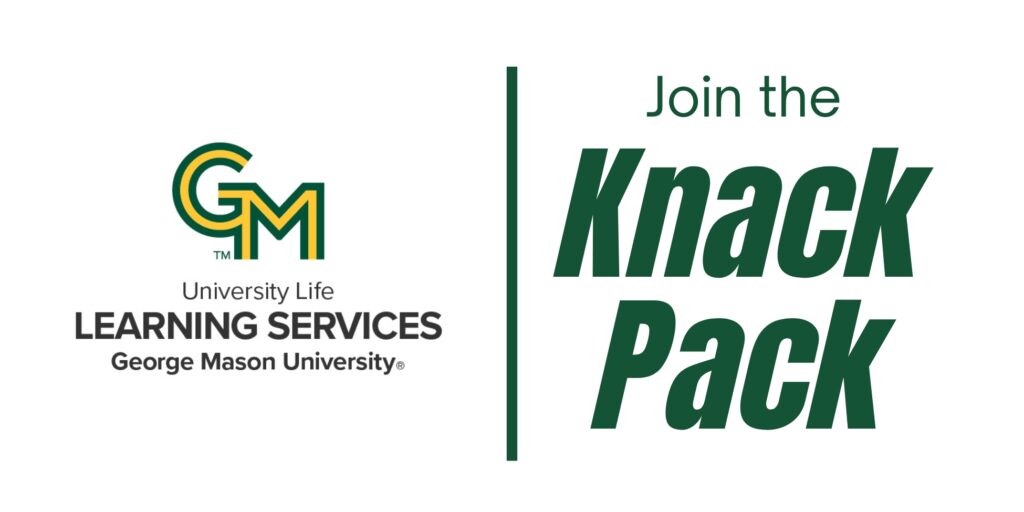Tips & Tricks to Survive Your Math Course
By Anthony Vu | Friday, February 21st, 2025
Math is a common subject that many students struggle with, whether that be from your general education class, the “weed-out” calculus class, or even a higher-level math elective in your program of study. At the Learning Services, we’ve seen many clients who come from all different kinds of math backgrounds and expertise. From the freshman student starting their first college-level math course, to the senior completing the last of their coursework, these tips can help you succeed in any level of math.
The first thing to acknowledge is the difference between declarative knowledge vs. procedural knowledge. With declarative knowledge, it is based on facts and definitions to memorize, such as knowing that the acceleration of gravity is 9.8 meters per second squared. With procedural knowledge, it is based on applying those facts and definitions to solve a problem. A good example of a problem that tests procedural knowledge is to calculate the total time it takes for a ball to fall down from a table. Even if you knew the acceleration of gravity, you must also apply that knowledge to solve for the answer. Many students often overlook testing procedural knowledge, which often creates the “illusion of knowledge” where students overestimate what they actually know.
How can you test your procedural knowledge? By practicing with as many problems as possible! These problems can come either from your textbook, from the lecture notes, from a study guide, or even from online (using resources such as Khan Academy)! By self-testing yourself with practice problems, you’ll be able to recognize common patterns and tricks that help you derive the answer. It also helps to verbalize your thought process by talking to yourself or to another peer. The Math Tutoring Center, which is located on the third floor of the Johnson Center in Room 344, is a great environment to do this in! Finally, it’s better off to space out these problems throughout the week as opposed to doing it in one sitting. Not only does it lessen the cognitive load, it strengthens the neural pathways in your brain that correlate with both declarative and procedural knowledge.
We hope that these tips help you in your math courses! For more helpful advice, consider scheduling an appointment with a Peer Academic Coach at the LearningServices!
Edited by Justin Dodgion

Free Peer Tutoring with Knack
George Mason University is partnering with Knack, a peer-to-peer tutoring platform, to provide access to high-level tutoring services for select courses each semester. The best part? These tutors are current George Mason students who have previously succeeded in the same courses, and the tutoring is free for our students!
Knack tutoring is available in person or online, at flexible hours. Check out the list on our website to see if your class is part of this service. If it is, visit gmu.joinknack.com and sign in with your Mason NetID and password to find out more and view available tutors. Click here to learn more!
Follow Learning Services on Social Media:
Learning Services Resouces:

